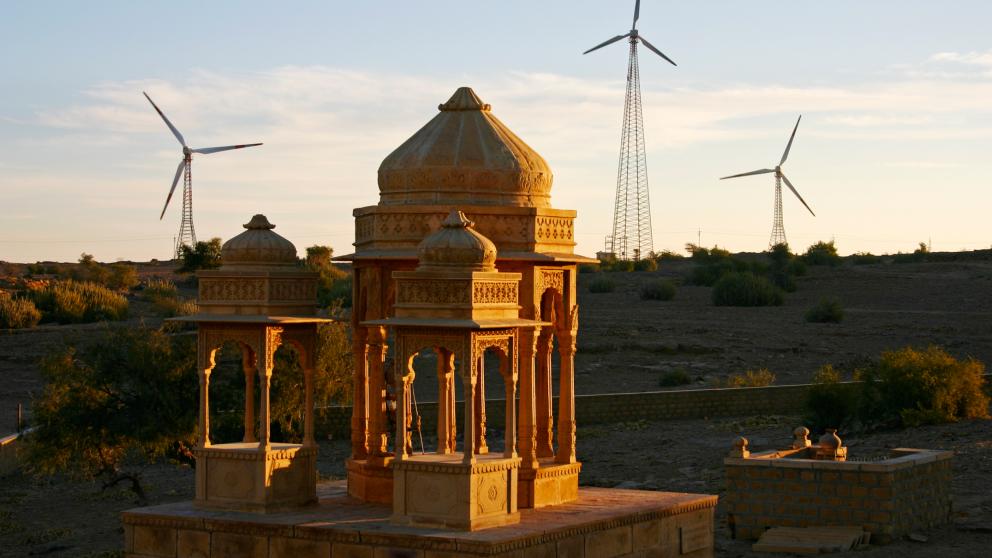Politics and Governance of the Global Energy Transition
Duration

A sustainable, low-carbon energy supply is essential for achieving the goals of the Paris Climate Agreement and the 2030 Agenda for Sustainable Development. Although fossil fuels continue to dominate the global energy supply, renewables are on the rise around the world and competition in clean energy technologies is intensifying.
Understanding the political economy of the global energy transition
The global energy transition is underway and is reshaping energy landscapes around the world. This is also giving rise to new political actors and power relations and is reconfiguring the geopolitics of energy. Players from the "old", fossil-based energy world are vying for influence with the frontrunners of low-carbon energy. Simultaneously, low-carbon leaders are competing in the so-called "clean energy race".
In the work area on the "Politics and Governance of the Global Energy Transition", the researchers aim to better understand these political processes by analyzing the foreign policies of major actors of the global energy transition as well as key international institutions and policy initiatives in the energy sector.
Strengthening global policy for a global energy transition
Based on a transdisciplinary research approach, the researchers engage with stakeholders from policy, business and civil society to develop proposals for strengthening global policy in support of a transition to sustainable energy. In their work, they cooperate closely with a network of international research institutions. In particular, their aim is to support the further development of Germany's international energy transition policy. Research findings and policy proposals are disseminated in workshops, panel discussions, policy briefs as well as articles in newspapers, policy-oriented and academic journals.





